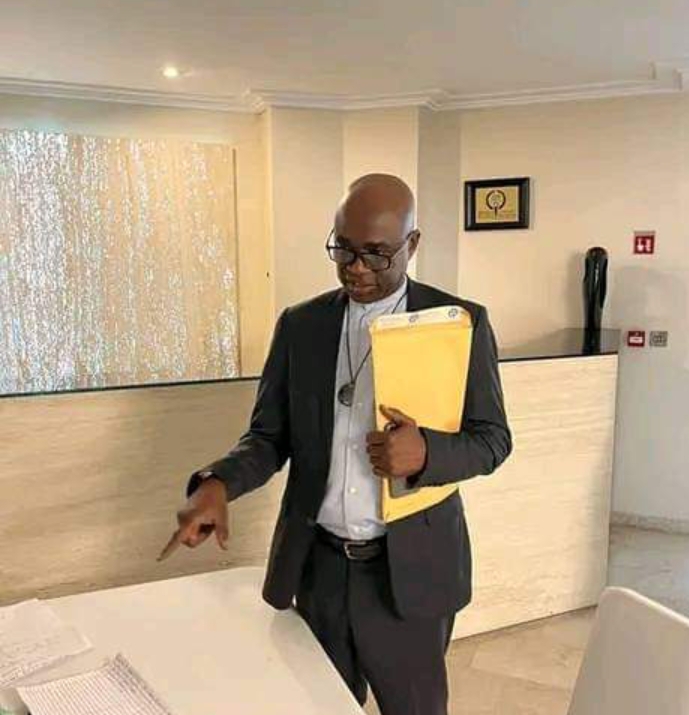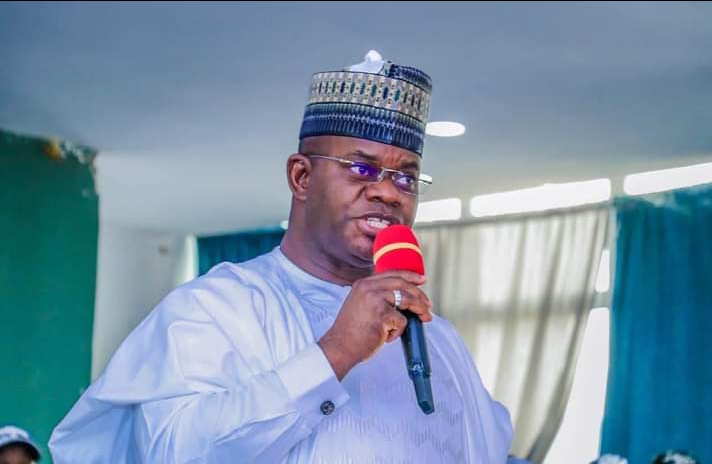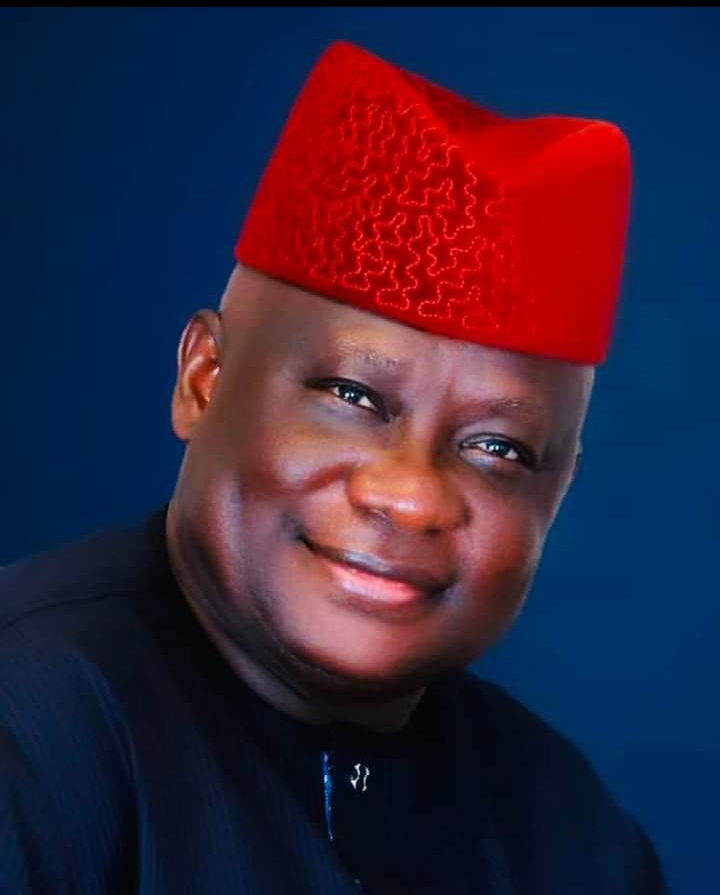Adefulire: Railing SDGs Beyond 2020-2030 Agenda, By ABUBAKAR YUSUF.
For near seven years and since 2016 when President Muhammadu Buhari appointed Princess Adejoke Orelope-Adefulire as the Senior Special Assistant to the President on the Sustainable Development Goals SSAP SDGs, which coincided with the transmutation from the Millennium Development Goals MDGs, the program domesticated in Nigeria was been piloted diligently under the leadership of the agency.
With a mandate to provide all round socioeconomic gaps with the collaboration of development partners, the private sector, civil society organisations CSO’s along with state government as focal person’s in line with the counterpart funding requirements, as provided by the UN Sustainable Development Goals SDGs template.
Having inculcated into the lives of Nigerians the success of SDGs programs in the area of provisions of Water, Health care facilities, Education, Skills Acquisition and Development, Entrepreneurial upliftment among many other social services, that had led to realizing social security in all areas in line with the SDGs 16 goals and targets.
With the diligence execution of the global programs that conform with the UN template, efforts was also geared towards domestication of the program that ensured series of initiatives, interventions, collaborations with the multinationals, the private sector, the civil society organisations and state governments at sub-national deploying a sane template to salvage ordinary Nigerians.
The concerted efforts of the leadership of SDGs in the last six years under Princess Adejoke Orelope-Adefulire led to the convening of the UN agenda 2020-2030, as an improvement on the desire to better the lots of ordinary Nigerians in the current decade.
The decade of action became realistic and had led to series of collaborations with departments of government and agencies with relevant goals particularly the 2063 AUDA-NEPAD agenda and the 2050 National development plan NDP convened by Nigeria’s government.
In preparation for the 2020-2030 agenda, the launch of SDGs model, alignment of the National Statistical System NSS by the National Board of Statistics that prioritized policies and programs that had direct bearing on the people, and to also conform with the global trend, so as to avoid speculation of programs of activities and to encourage Ministries, Departments and Agencies of government adopt such sane strategy.
The global launch of the Integrated National Financing Framework INFF powered by SDGs in Nigeria,the first in any African country, launched by President Muhammadu Buhari at the last UN General Assembly during the 70th UNGA meeting in August at the United States of America USA, showed a lot of commitment to take SDGs beyond 2020-2030 agenda.
The program had proposed adequate funding and private sector participation in SDGs programs without recourse to government fundings , but a stable base that will provide alternative fundings to it’s programs.
In preparation towards the accelerated programs of decade of action, SDGs in Nigeria had launched a special program of action of Goals 3, 4 known as ‘independent evaluation reports’ that boarders on Health and Education, having provided needed interventions in both the Health and Education sector in Nigeria at all levels.
Towards achieving the most critical goals, it had given not only special attention, but adequate time towards resolving the primary, secondary and tertiary health programs in all areas, through building and equipping of clinics, maternity homes, hospitals and teaching hospitals across the country.
Princess Adejoke Orelope-Adefulire did not relent in her efforts, as SDGs had built gigantic 100 bed hospitals across the six geopolitical zones and in support of some state governments through counterparts funding, with structures been handed over towards the electioneering campaigns in 2023 without distractions.
In the Education sector, huge investment was made that ensured quality education from the primary, secondary and tertiary institutions through massive construction and renovation of structures, provisions of solar panel, ICT centres to bridge the high rate of out of school children OOS, and reduced to the barest minimum the low patronage of public schools across all strata.
The public launch of of goals 3,4 both for Health care system, and Education in it’s drive for quality school system had conformed with post COVID-19 template been designed by the global communities to address the dire consequences of the economic recession, among other natural phenomenon.
These also included the special arrangements and program of Conditional Grant Transfer CGS to step up provisions of social services across the six geopolitical zones including FCT in anticipation of addressing the 2020-2030 agenda.
For Princess Adejoke Orelope-Adefulire the SSAP SDGs to the President, the thoughts and actions beyond 2020-2030 was glaring particularly after the endorsement of CSO’s, the hub of public officers scrutiny advise to all other MDA’s to take cue from the success recorded by the SDGs in Nigeria, and it’s grand preparation towards 2020-2030 decade of action.
The collaboration with private sector, through the private sector advisory council PSAG , civil society organisations CSO’s, and the sub- national, the state governments prepared enough ground beyond the decade of action under the leadership of Princess Adejoke Orelope-Adefulire.
With robust disposition of leadership dexterity over the years , and the need to prepare the current leadership for subsequent global assignments with indepth capacity on both national and international development programs in line with SDGs template, the need for continuity is no longer controvertible but desiring beyond 2023, as the country will be better placed for a seamless transition of both exposure and high capacity individual with global experiences spanned decades to take subsequent programs and policies of the SDGs, both nationally and at the global sphere beyond 2023 and to continue to address the needed aggressive approach towards 2020-2030 agenda.
ABUBAKAR YUSUF Is A Public Affairs Analyst, Writes from Abuja and can be reached on yus.abubakar3@gmail.com.











